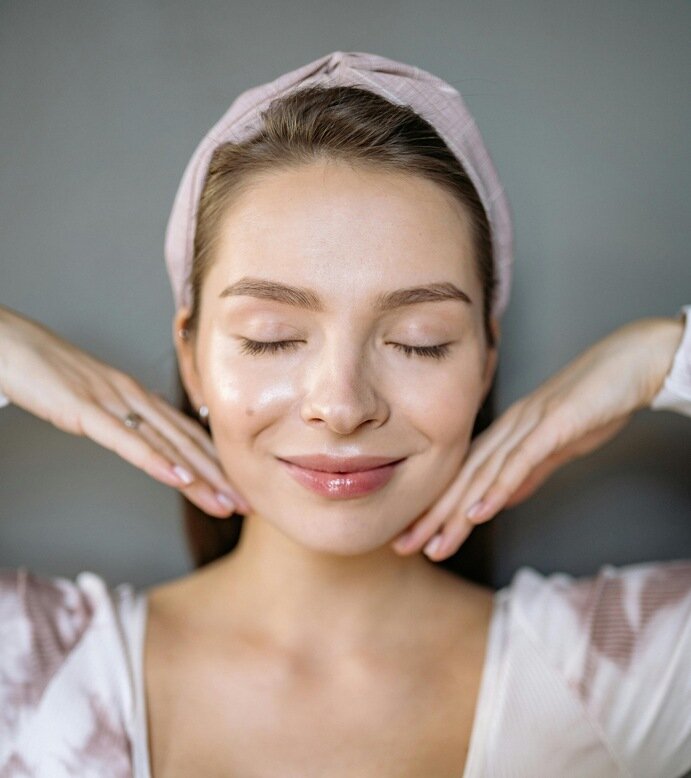Rosacea
Skin & Dermatology
Rosacea is a common skin condition that can cause redness, flushing, and sometimes spots. While it can be frustrating, it is very manageable. At SwiftMedi, we offer safe and effective treatments that soothe irritation, improve skin comfort, and help restore confidence. With the right approach, flare-ups can be controlled and your skin can feel calmer and clearer day to day.

Frequently Asked Questions
What is rosacea and what causes it?
Rosacea is a long-term skin condition that causes facial redness, flare-ups, visible blood vessels and sometimes spots. It often affects the cheeks, nose and forehead. Triggers vary and can include hot drinks, stress, sunlight, alcohol and temperature changes. Treatments and trigger management help keep symptoms under control.
What are the main symptoms of rosacea?
What triggers rosacea flare-ups?
Common triggers for rosacea include sunlight, heat, stress, spicy foods, alcohol, hot drinks, certain skincare products and changes in weather. Each person has different triggers, so keeping a simple diary can help identify what worsens symptoms. Reducing exposure often improves daily control.
How is rosacea diagnosed?
Rosacea is usually diagnosed by a clinician examining the skin and asking about symptoms, triggers and flare patterns. No tests are normally needed. Diagnosis helps rule out similar conditions such as acne, eczema or allergic reactions.
What treatments are available for rosacea?
Treatments depend on symptoms and may include topical creams like metronidazole, ivermectin or azelaic acid, or oral antibiotics for inflammation. For redness, some people use brimonidine gel. Lifestyle changes and trigger management also play an important role in long-term control.
Can rosacea be cured?
Rosacea cannot be cured, but symptoms can be well-controlled with treatment and trigger avoidance. Many people find their skin becomes calmer and more predictable with a consistent routine and appropriate medication.
When should I see a clinician about rosacea?
Seek help if redness, burning or bumps become persistent, if flare-ups affect confidence or daily life, or if your eyes feel irritated. A clinician can confirm the diagnosis, recommend suitable treatments and rule out other conditions.
Can rosacea get worse over time if untreated?
Is rosacea linked to gut health or digestive issues?
Can sunscreen help prevent rosacea flare-ups?
Can rosacea affect the eyes?
Yes. Ocular rosacea can cause dry eyes, burning, redness or sensitivity to light. Some people experience eyelid inflammation or styes. Eye symptoms should be reviewed early as they sometimes need different treatments.
Are certain skincare products better for rosacea?
Gentle, fragrance-free products are usually best for managing rosacea. Avoid harsh exfoliants, strong acids, alcohol-based toners or heavily fragranced creams. Many people prefer simple routines with soothing moisturisers designed for sensitive skin.
Can stress make rosacea worse?
Yes. Stress is a common trigger for rosacea and can worsen flushing and skin sensitivity. Techniques like deep breathing, regular breaks and good sleep can help stabilise flare patterns. Many people notice improvement when stress levels fall.
Can spicy foods and alcohol worsen rosacea?
Both can trigger flushing in many people. Hot spices, red wine and spirits are common triggers, but sensitivities differ. Keeping notes on which foods affect you helps tailor your diet without unnecessary restrictions.
Does rosacea always cause visible redness?
No. Some people mainly experience sensitivity, burning, bumps or flare-ups without constant redness. Rosacea has different subtypes, and symptoms vary widely. A clinician can identify your pattern and recommend tailored treatment.
If you have any questions, concerns, or need advice, our team is always available to help, just as you'd expect from your local pharmacy.